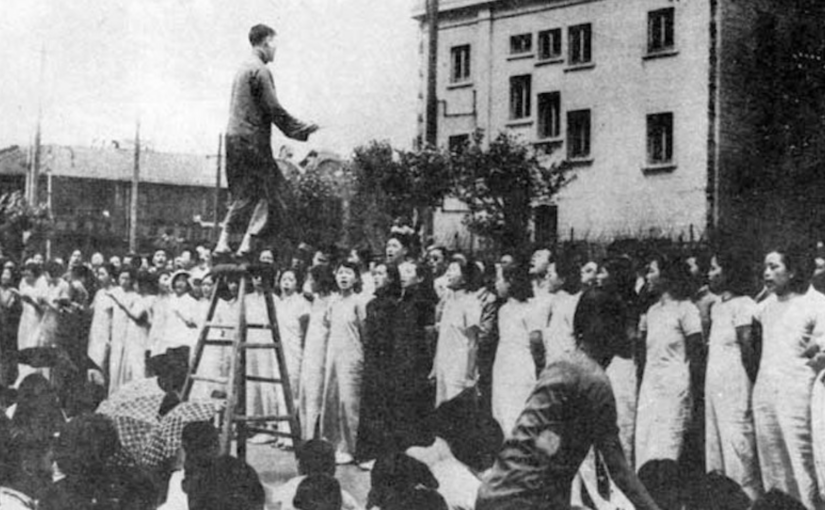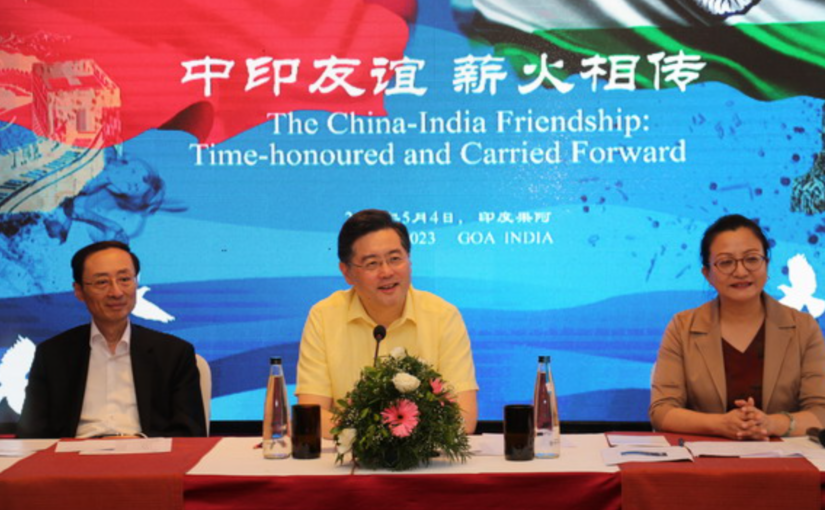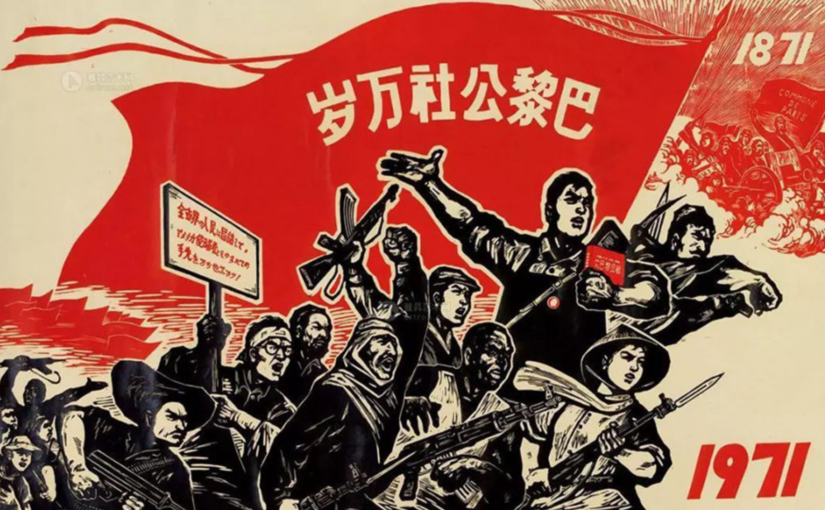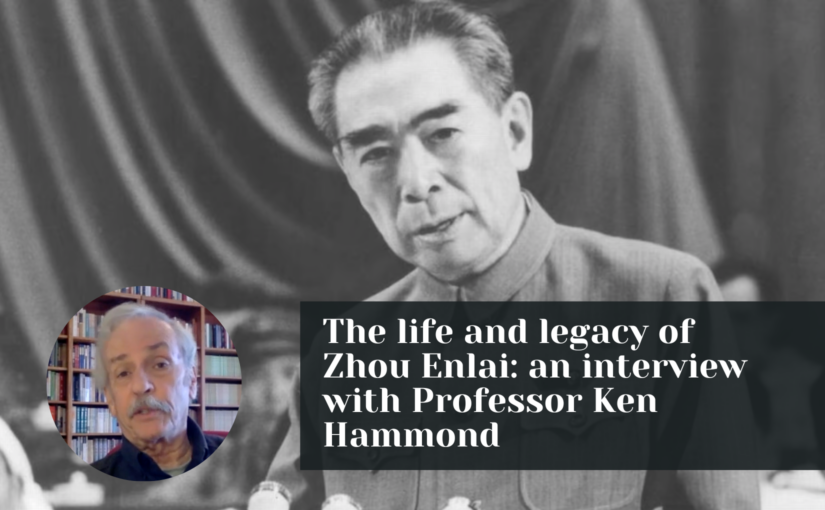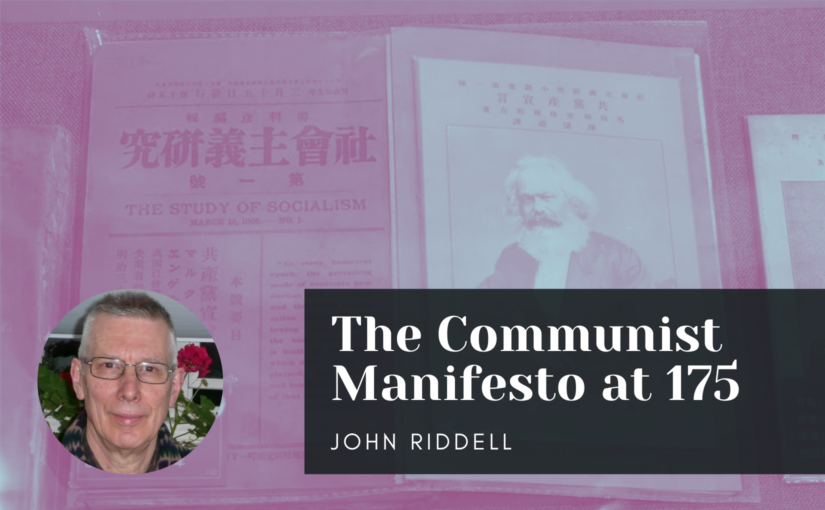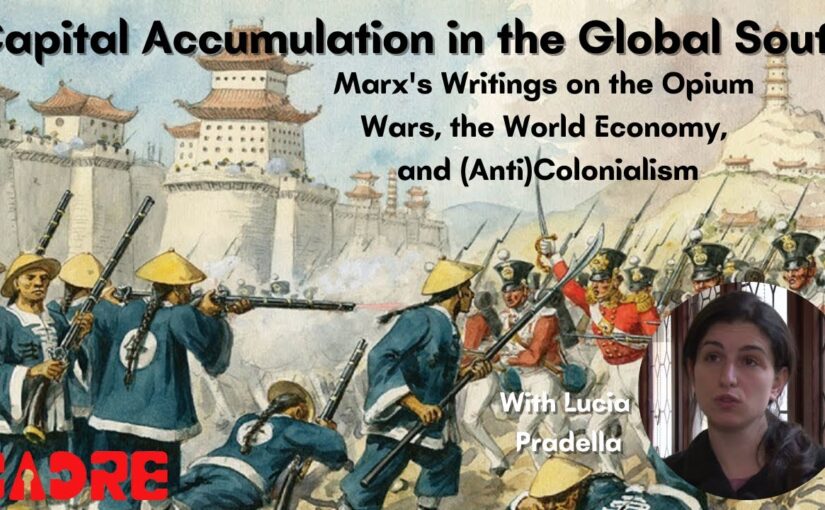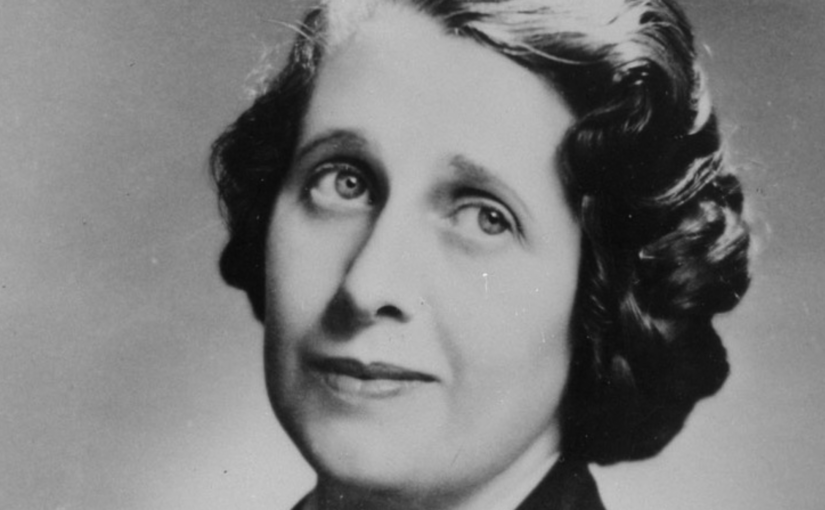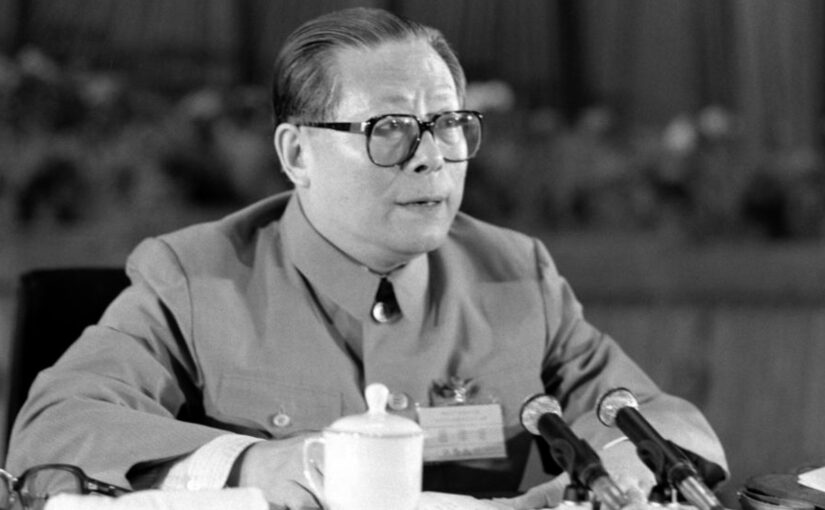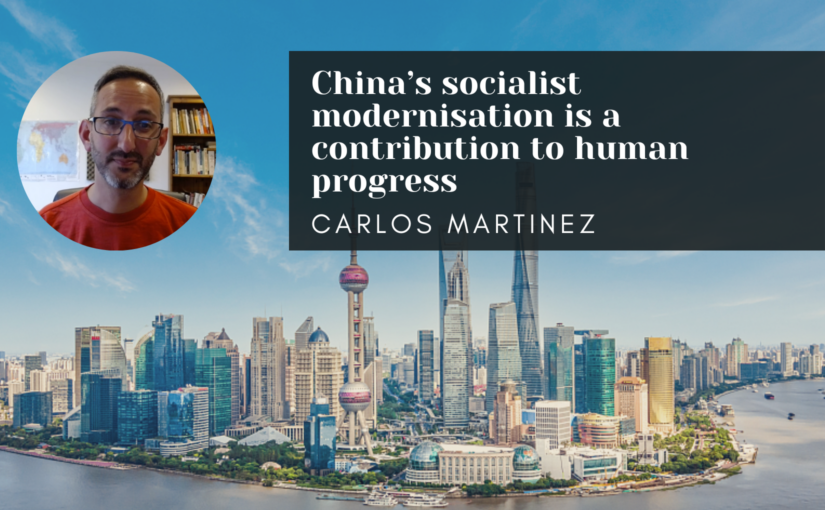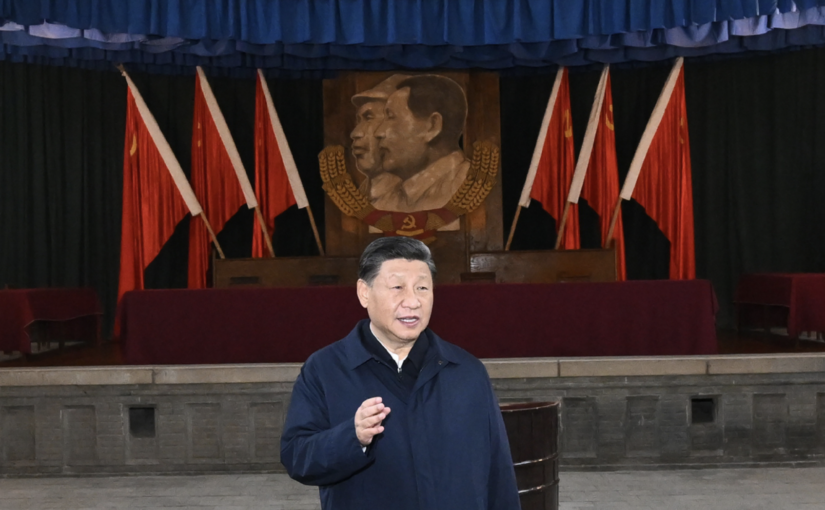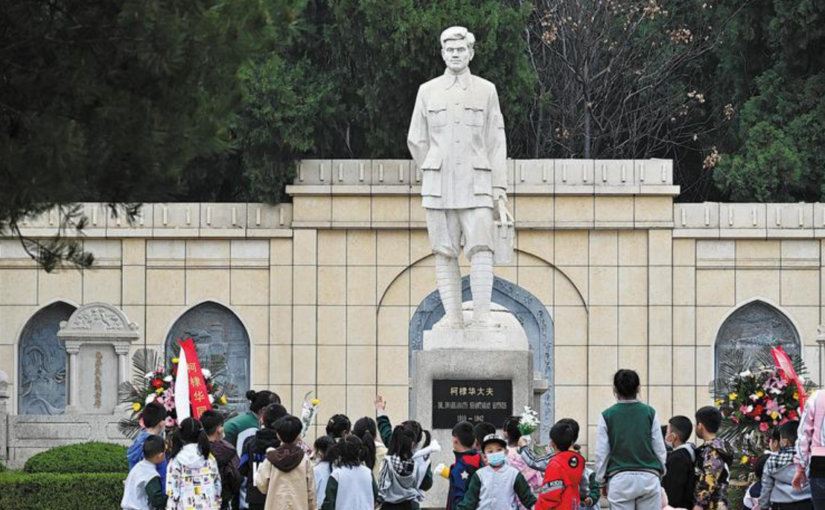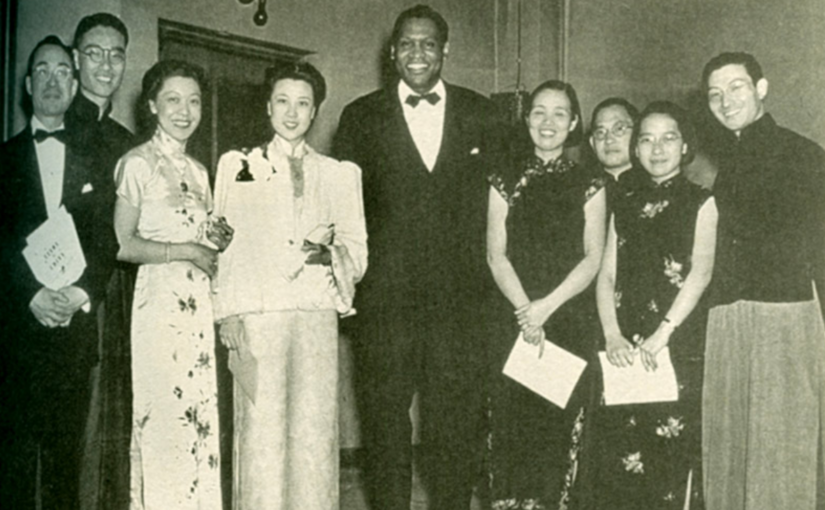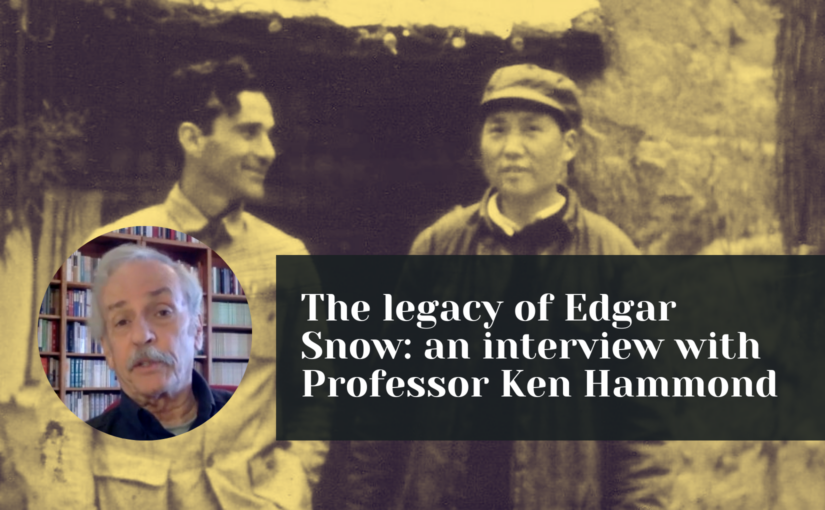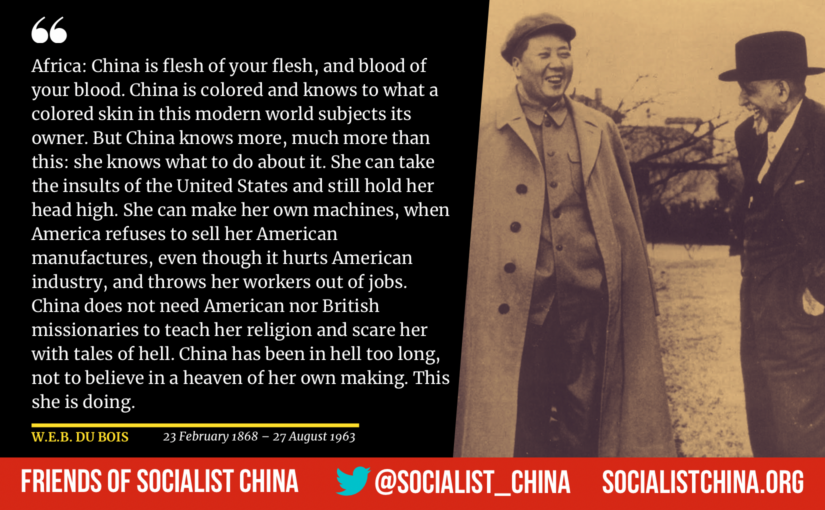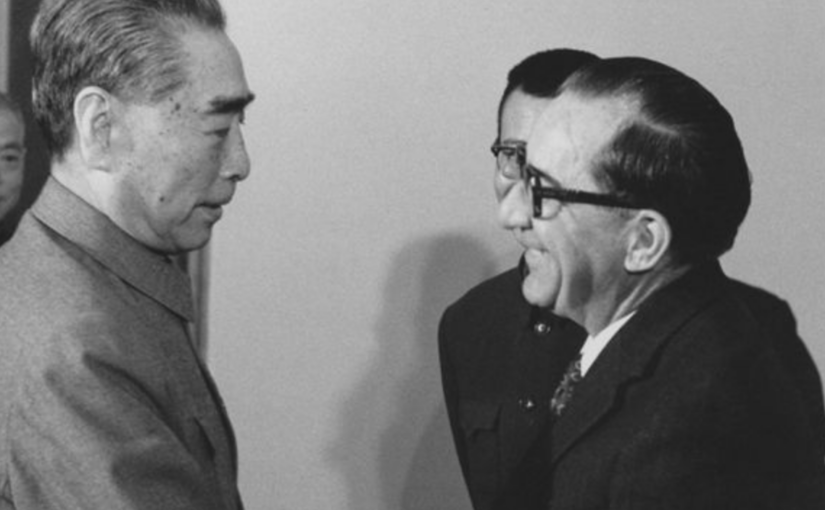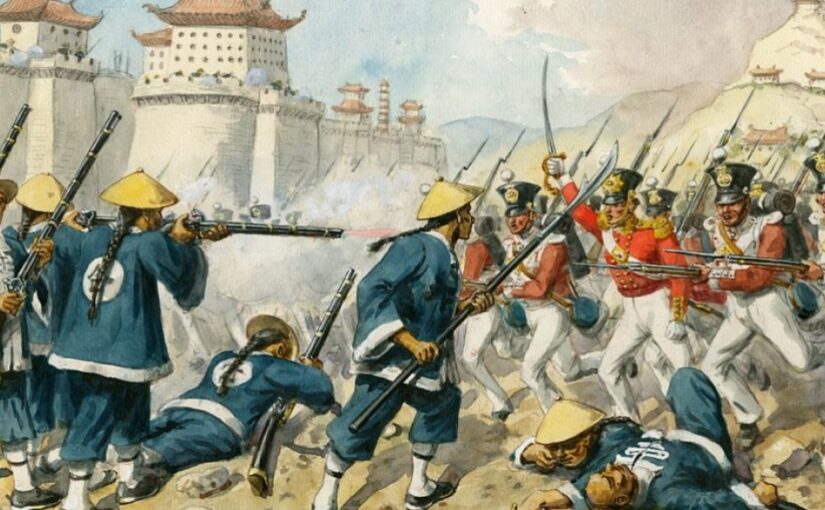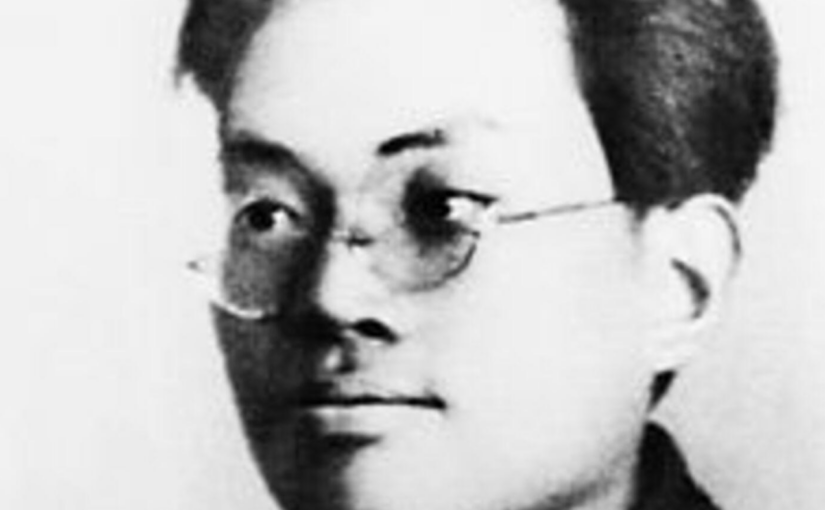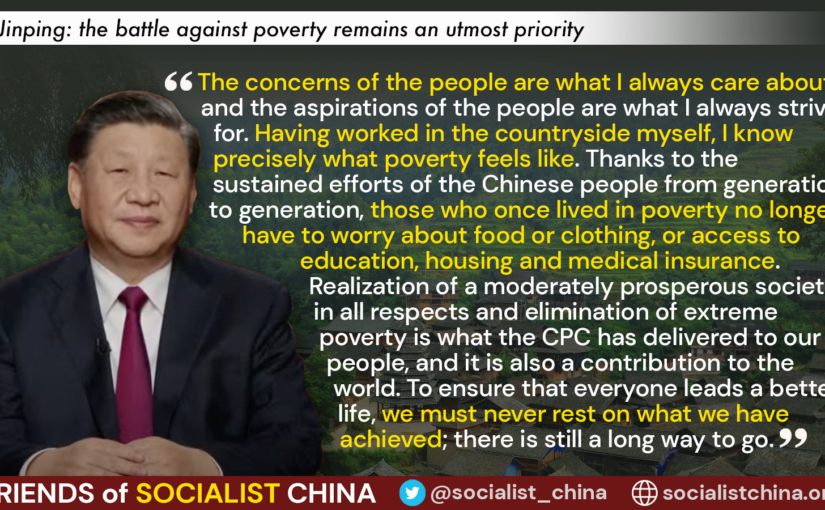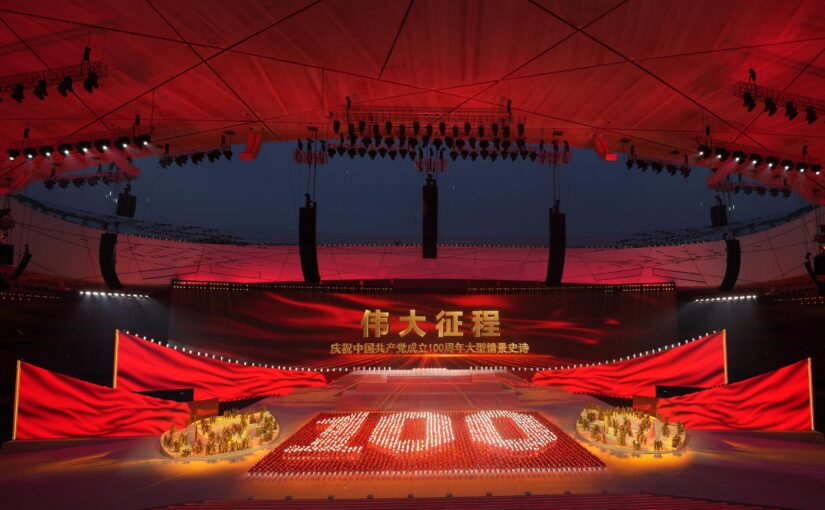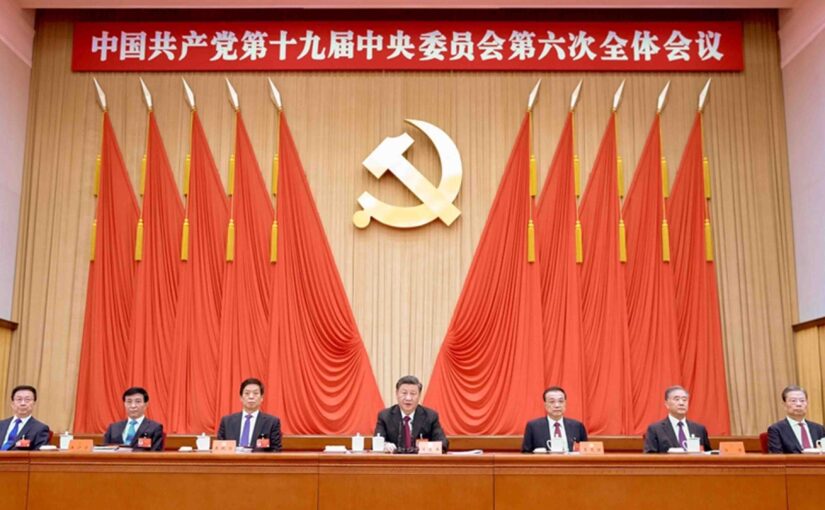We are pleased to republish the following article on the revolutionary life of Liu Liangmo (1909-1988), a Chinese anti-imperialist, progressive Christian, and pioneer of solidarity between the African-American people and the Chinese revolution. Written by Eugene Puryear, it was originally published by Liberation School, an initiative of the US Party for Socialism and Liberation (PSL). As Comrade Puryear explains:
“While excavating this history is important in its own right, it is even more so because the promise and the contradictions of these wartime attempts to build unity among the exploited and oppressed hold important lessons for our own time.”
Liu’s political activity began with the progressive cultural circles in Shanghai linked to the underground Chinese Communist Party, where he pioneered the use of mass singing of patriotic and anti-imperialist songs as a means of popular mobilization.
In 1940, he left China for the United States to work with United China Relief, which worked to build support for the Chinese people’s resistance to Japanese aggression, as an arm of the united front that had been re-established between the Communist Party and the Kuomintang. Once in the United States, his interest in cultural work inevitably and rapidly drew him into a close association and friendship with Paul Robeson, with whose work he had already become familiar before leaving China.
Liu began writing regularly for the progressive black press in the United States. In 1942, he reported on a New York rally, also attended by Claudia Jones, demanding the opening of a Second Front in western Europe, at a time when the Soviet people were heroically resisting the Nazis at Stalingrad. Clearly linking this demand to the struggle for the liberation of oppressed people everywhere, he wrote:
“Forty thousand New Yorkers … attended the Second Front rally at Union Square… I was very much interested in the placards which people carried … the most outstanding ones are: ‘Smash Race Discrimination,’ ‘Equal Rights to Negroes NOW!’ and ‘Free India NOW!… It is interesting to me because it clearly demonstrated the inter-relationship of these problems … the reactionaries and Tories don’t want to see Soviet Russia win; neither do they want India to be free, nor Negro people to have equal rights so they delay the opening of a Second Front, they delay in giving freedom to India, and they keep on Jim-Crowing the Negro people in this country. But the people of the world black and white and brown together demand that: a Second Front be opened in Europe NOW; Free India NOW; Equal rights to Negroes NOW.”
Liu returned to China after liberation and the founding of the People’s Republic, but his work and example undoubtedly helped to lay important foundations for ensuing decades of collaboration and solidarity between the black liberation movement and socialist China. Mentioning a number of key people who contributed to this, Puryear writes:
“Harry Belafonte would tell Paul Robeson’s confidante Helen Rosen of his fascination with New China: ‘When Alassane Diop, Guinea’s former Minister of Communications, came back from a visit to the new China in the early 50s, he told me that the city of Shanghai was clean and beautiful, that its citizens had a decency and spirit unequaled anywhere else in the world. I asked myself how a nation devastated by war and riddled with hunger, disease, and illiteracy was able to order the lives of 800 million citizens. I erupted into an insatiable curiosity about China.'”
The great singer, actor and lifelong progressive activist and freedom fighter, Harry Belafonte, passed away this April 25th at the age of 96.
A second article by Puryear sets out the author’s view of the communist movement’s popular front policy, with particular reference to Liu’s work in the United States.
Introduction
Liu Liangmo (1909-1988) was a prominent Chinese anti-imperialist, religious leader and, from 1942-1945, columnist for the Pittsburgh Courier—at that time the nation’s widest circulating Black newspaper. Liu’s columns (and actions as an organizer) were a significant part of efforts by progressive Chinese people, on the mainland and in the diaspora, to build alliances with the Black Liberation movement as part of a broader effort to shape the post-war world.
His words linked the causes of ending colonialism, imperialism, and race discrimination—from the Yangtze to the Ganges to the Mississippi—mirroring the words and actions of millions of others involved in similarly-minded struggles around the world, including Liu’s favorite U.S. singer: Paul Robeson.
Liu’s columns represent the efforts of Communist and aligned currents to turn the allied effort in the favor of the exploited and the oppressed. This was counteracted in the so-called “Cold War,” as imperialist forces worked to make the world “safe for capitalism” in the wake of the World War II.
His columns and activities offer interesting insight into the struggle within the “Second United Front” in China between the Nationalist Kuomintang and the Communists during the Second World War and their differing approaches to the post-war world: whether China should be an anti-colonial vanguard or seek inclusion in the imperialist “great power” club. The “Nationalist” Chinese government’s chose the latter, heavily impacting their approach to racism in the US.
On the other side, the nascent global left-wing coalition hoped to use the new leverage the war created: notably the curtailing of the anti-Bolshevik crusade and the embrace of the USSR as an ally, the attendant rise in the prestige of communism, and the need to mobilize colonial and all resources on the U.S. home-front. This leverage opened some space for the first legal labor and political organizations in colonial Africa and the Black Liberation movement in the U.S. Also critical was the importance of India and China to the overall allied effort against Germany, Italy, and Japan; to end colonialism, Jim Crow, and the old imperialism.
Continue reading Liu Liangmo: China’s anti-imperialist, anti-racist, Christian revolutionary